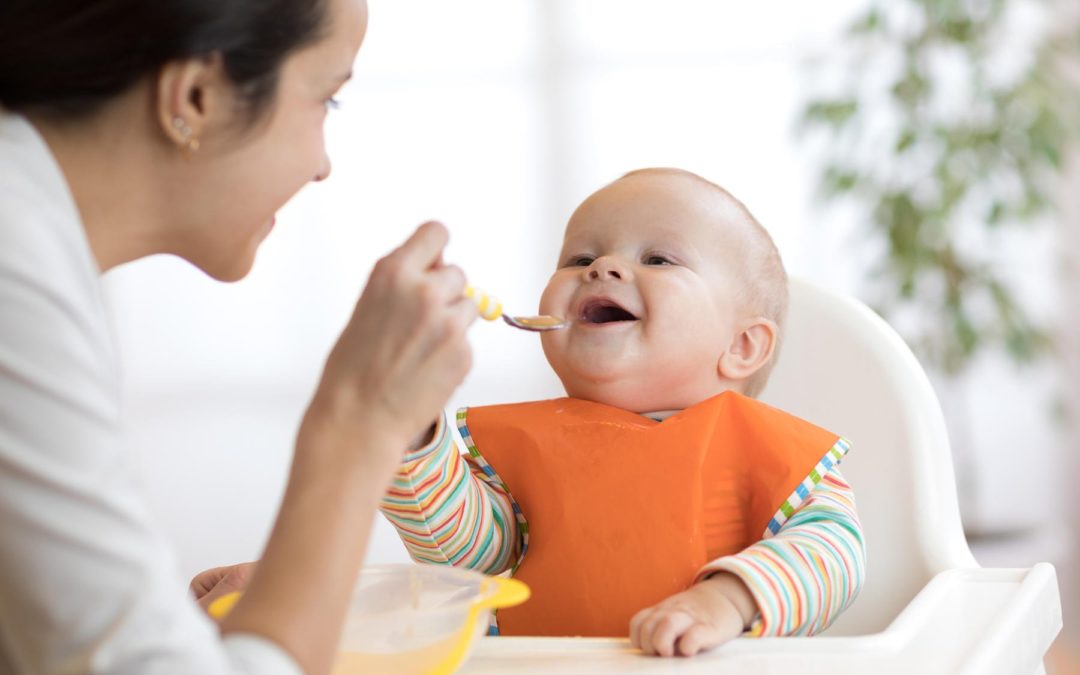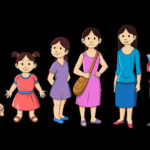Food allergies are quite a common occurrence among children. Literally, it is an immune reaction to any food allergen, which unfortunately causes a lot of discomfort for both children and their parents. Second, they try to do everything possible to protect their children from adverse reaction and make sure their little one gets all the necessary nutrients. But sometimes it gets really challenging to create a healthy diet for a child with food restrictions. So we’ve prepared some useful tips for balanced nutrition in kids with food allergies. Take a look at them below.
1. Consult your medical provider
The first and the most important piece of advice is not to make decisions on your own, but to ask a more experienced and qualified person. One can observe your little one’s reaction to different kinds of food and make a food plan in order to avoid harmful elements and substitute them with healthy ones. Moreover, a doctor can also recommend consuming some gut support or supplements for your kid. So make sure you consult a doctor on this critical topic and ask for advice in case of emergencies.
2. Keep a food diary
Breast milk is the best first baby food ever and it’s as clear as day. But even though breast milk is the healthiest option, experts claim that you need to make a journal of exactly what you eat and drink and how the baby reacts. Keeping a diary gets even more crucial when you introduce solids. Children’s digestive systems are extremely sensitive and every food can provoke a negative reaction. While writing down everything he or she eats, you’ll be able to find out what caused that. In addition, you can show your notes to an allergist or paediatrician during the visit which will surely simplify the situation.
3. Improve the overall diet
Once you need to restrict your little one to some foods, make the diet as healthy and beneficial as possible. Try to diversify it with different kinds of fruits and veggies, cereals, dairy, meat and others which are rich in vitamins, minerals and healthy fats. Moreover, offer foods of different colours, flavours and textures. Your child will thank you later, as you teach them to have healthy nutrition from the very beginning which definitely will have its results in the long run.
4. Speak about the problem
Having a food allergy isn’t something shameful or dangerous for others. And it’s really important to let other people know that your little one has this peculiarity. That’s how you can protect your child from eating allergens at a birthday party or in the school canteen. Adults will surely understand the importance of the situation and make sure your child doesn’t eat something harmful or even adjust the menu as it’s safe for them.
By the way, it’s quite important for a child to know about their peculiarity. Educate the little ones that they have dietary restrictions and shouldn’t consume certain products. Moreover, they need to wash their hands before and after eating and avoid sharing meals with others. Your kid has to be aware of that problem but supported at the same time.
5. Compensate the missing elements according to the type of allergy
There are different types of food allergies and accordingly, there are special ways of solving them. Let’s take a look at the most common ones.
Milk allergy
Milk is a good source of nutrients necessary for bone mineralization and growth. There are protein, calcium, vitamin A, vitamin B12, vitamin D, riboflavin and phosphorus among them. So foods such as meats, eggs, nuts, and fish can replace these elements.
Egg allergy
Eggs are rich in iron, folacin, riboflavin, biotic, and vitamins A, D, E and B12. So they are pretty beneficial for bone health and the immune system. But they can be easily replaced by other protein sources like milk, meat, fish, nuts, legumes and leafy greens.
Peanut allergy
Peanuts are a good source of protein as well. Peanuts are high in magnesium, niacin, copper, biotin, pantothenic acid and vitamins. So your child can get these elements from different types of food that were previously mentioned.
Soy allergy
Soybeans are considered to be one of the biggest quality proteins. But this won’t be a problem for your child if one eats a lot of veggies, fruits, enriched grains and other types of proteins.
- 5 Easy to Prepare Drinks to Help Boost Breast Milk - September 22, 2024
- 50+ Heartfelt Holi Wishes For Your Loved Ones - March 19, 2024
- Holi Games for Kids: Exciting Outdoor and Indoor Activities for a Joyous Celebration - March 19, 2024
- 5 Delicious Best Holi Festival Recipes - March 19, 2024
- Keeping Your Pregnancy Positive - February 26, 2024
- Crafting A Medical School Path: Tips For Parents - January 24, 2024
- Guide To Managing Twin Babies With Ease - January 3, 2024
- 5 Tips To Be A Happy Special Needs Mommy - January 3, 2024
- DIY Ideas To Decorate Kids’ Room - January 3, 2024
- Tips To Use Mindful Parenting In Today’s Time - January 3, 2024













